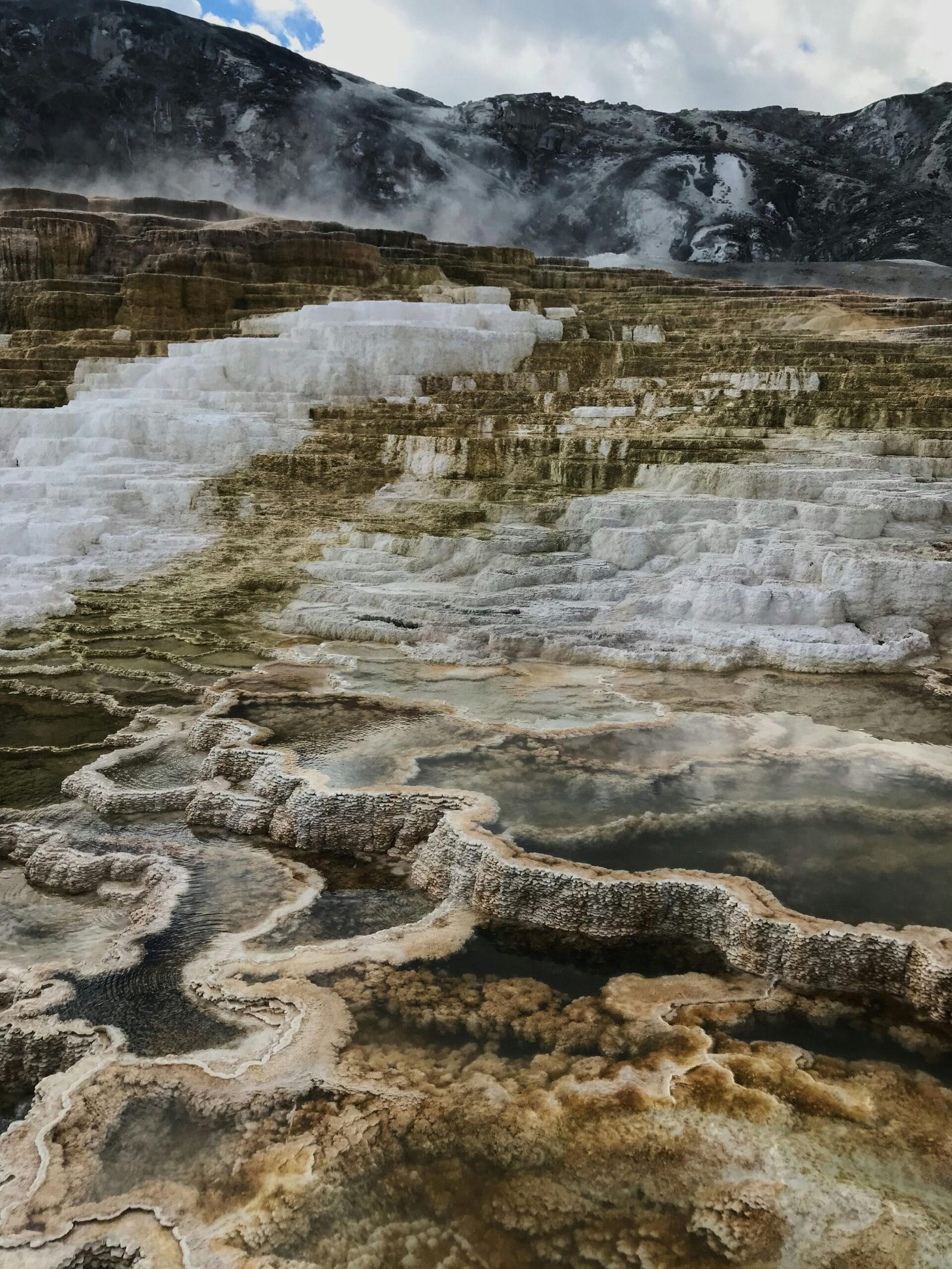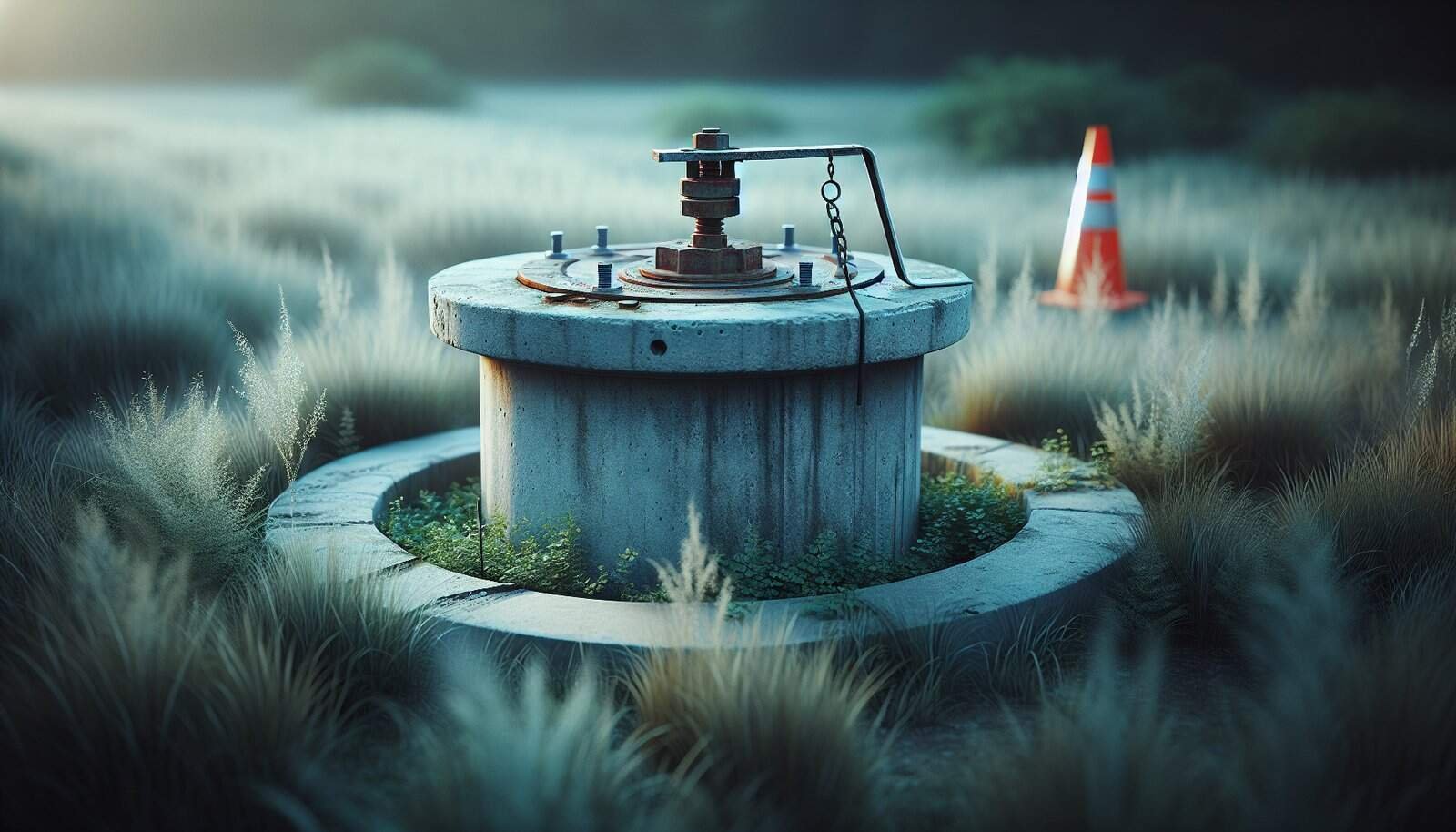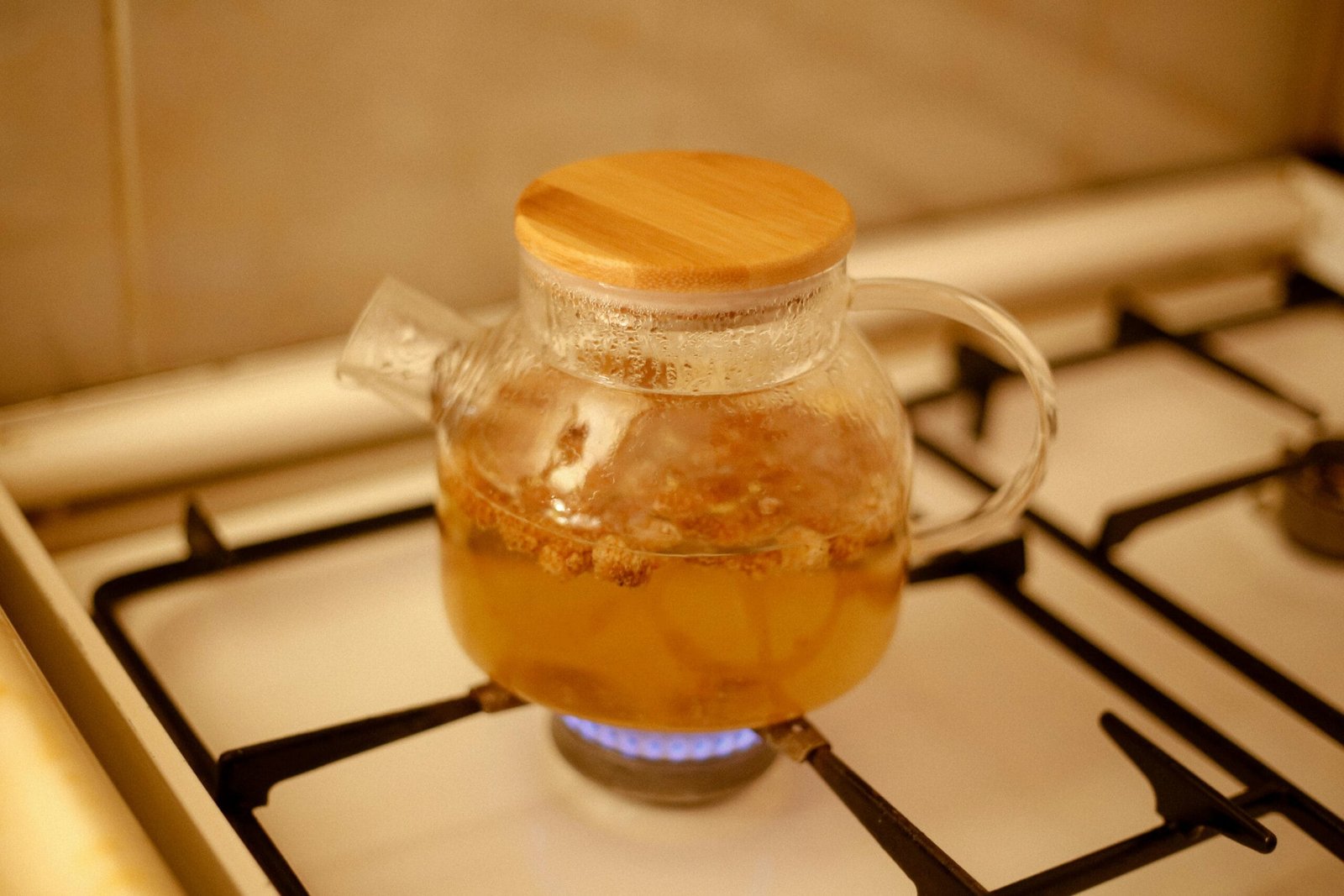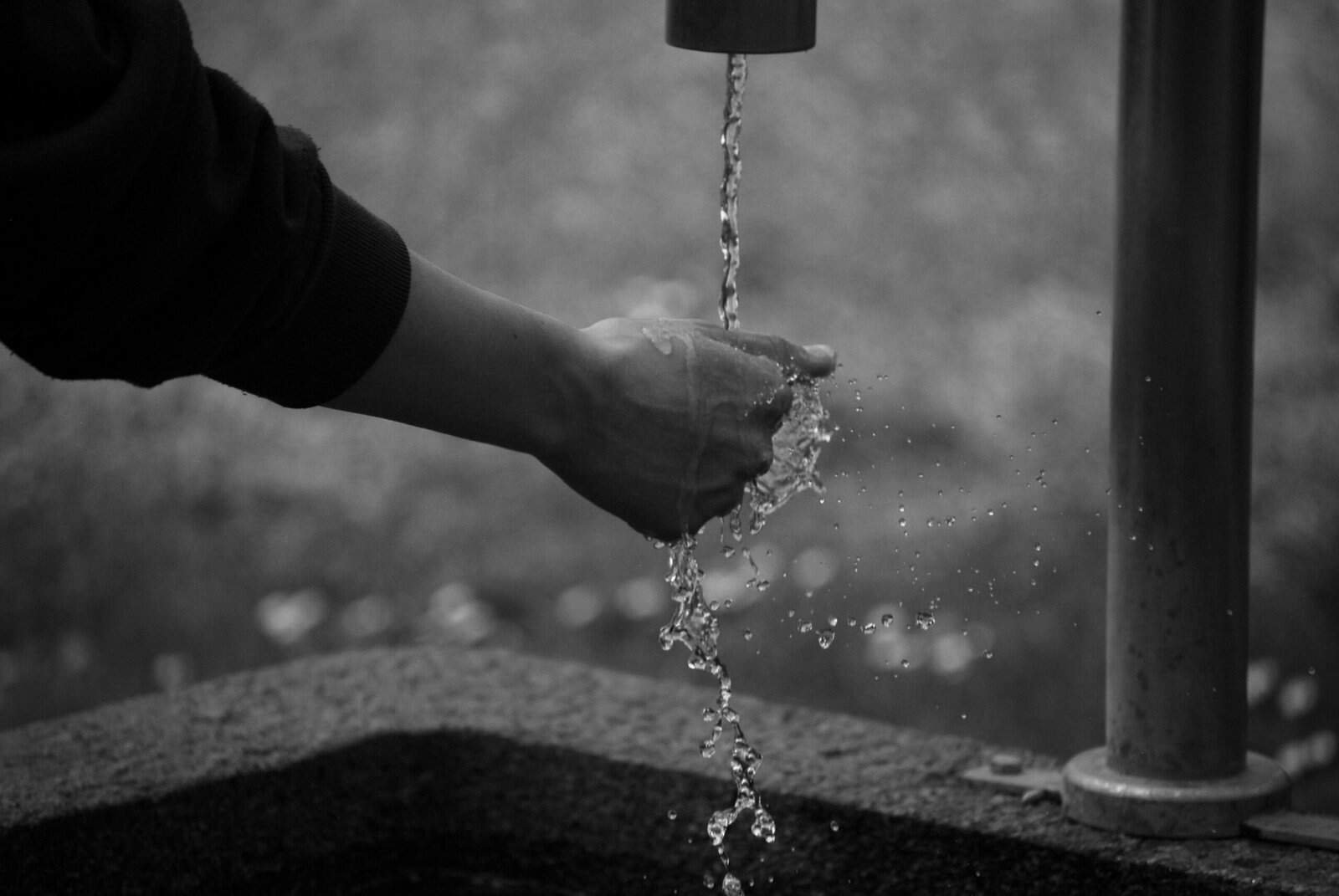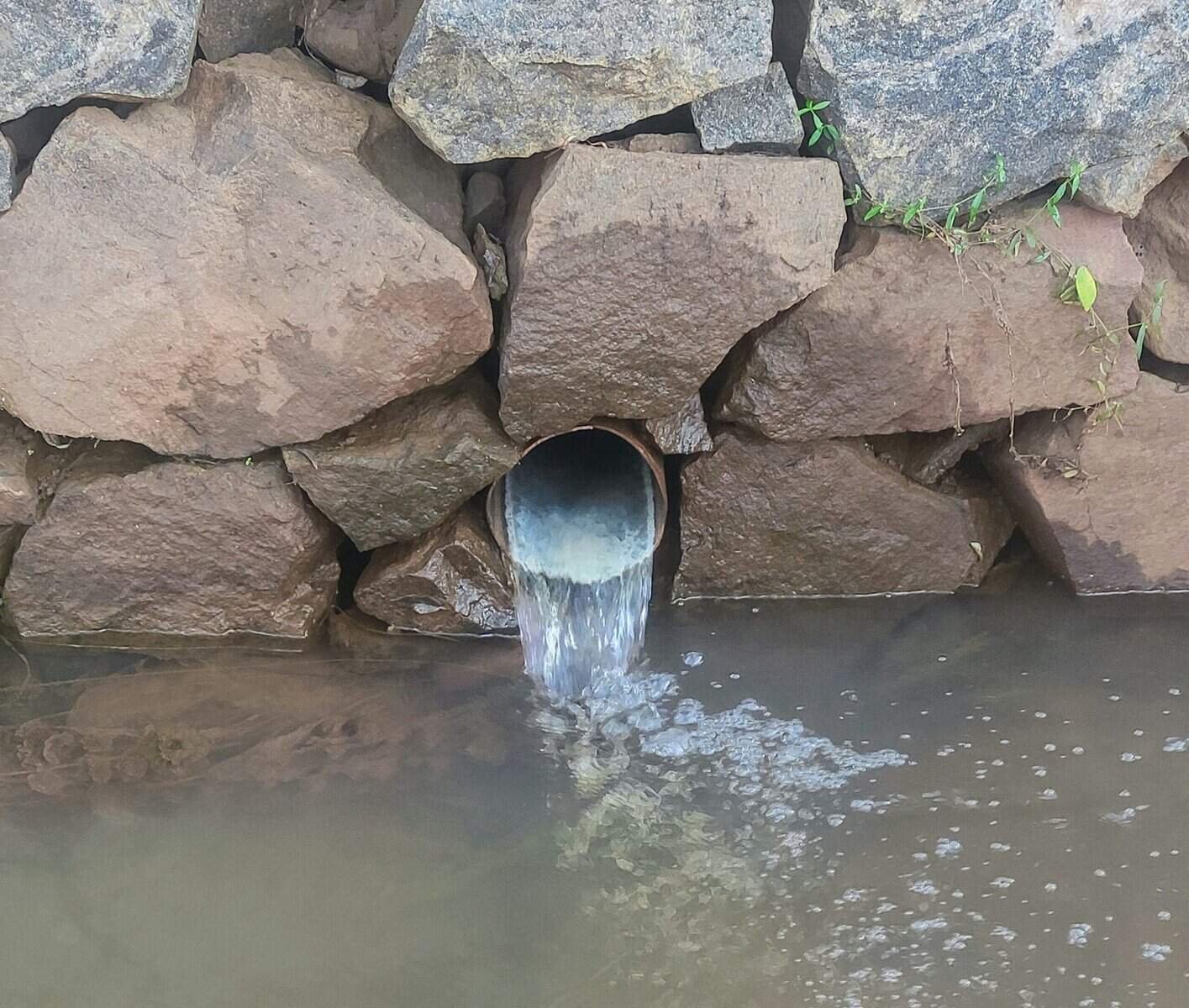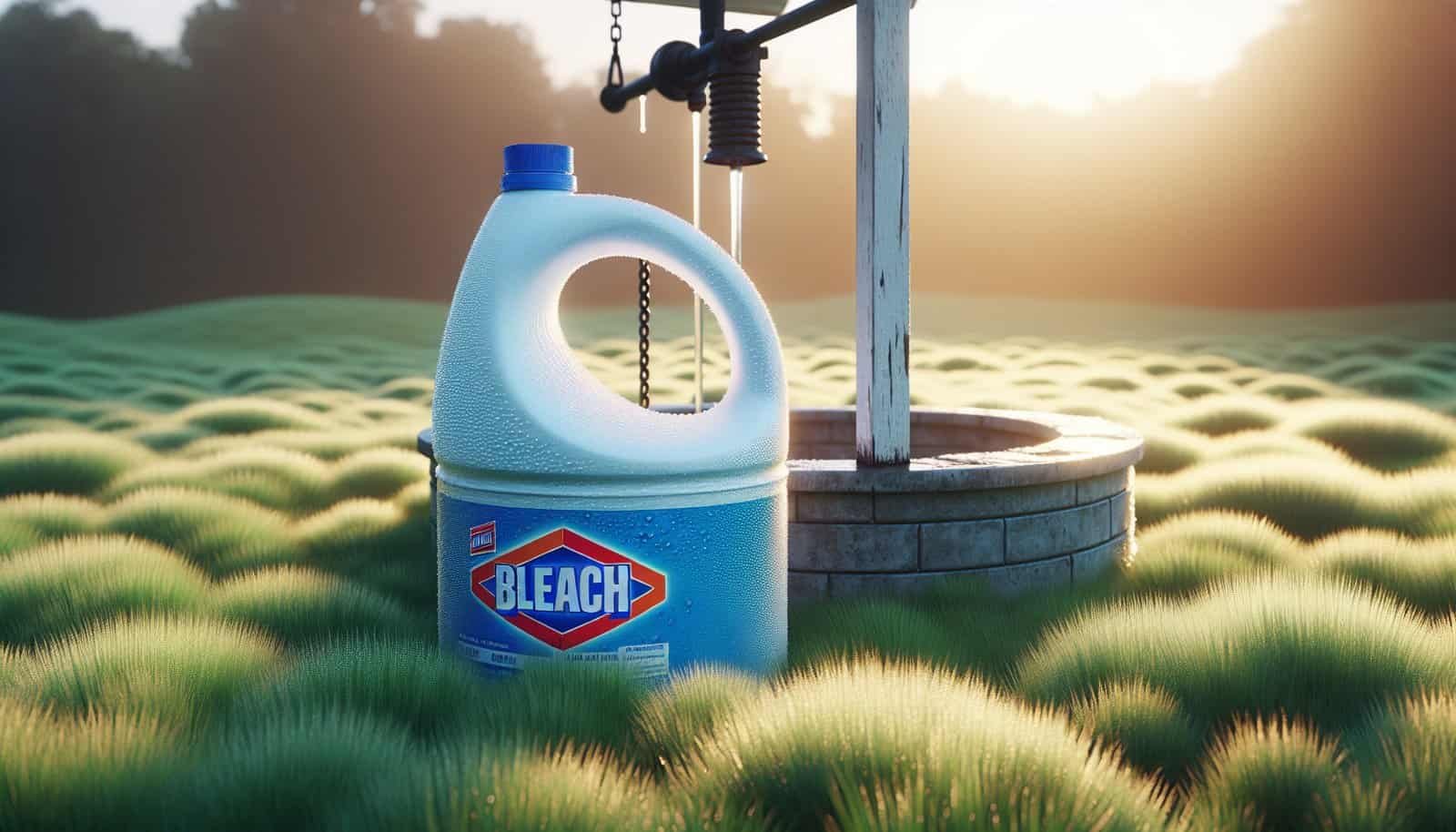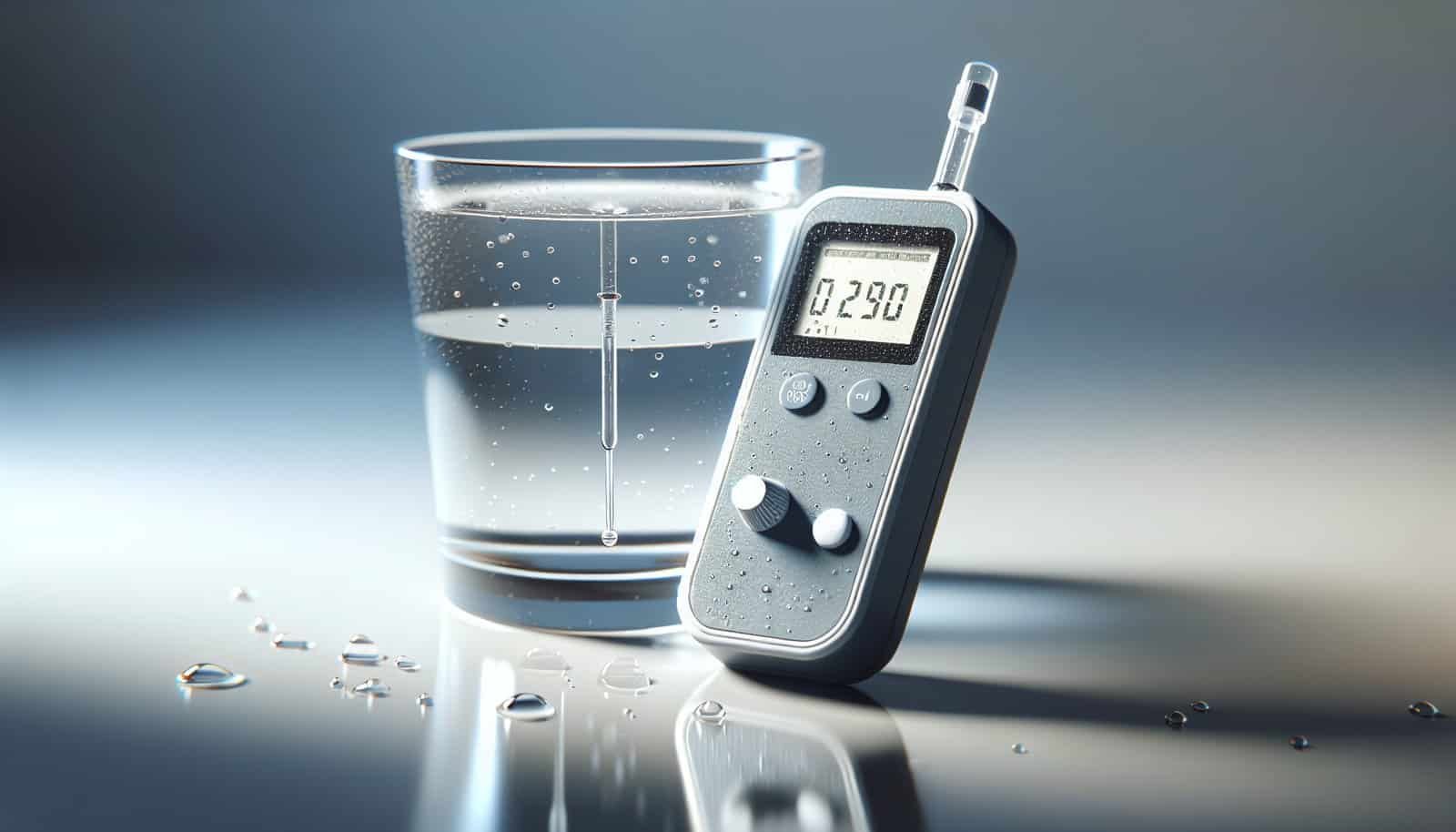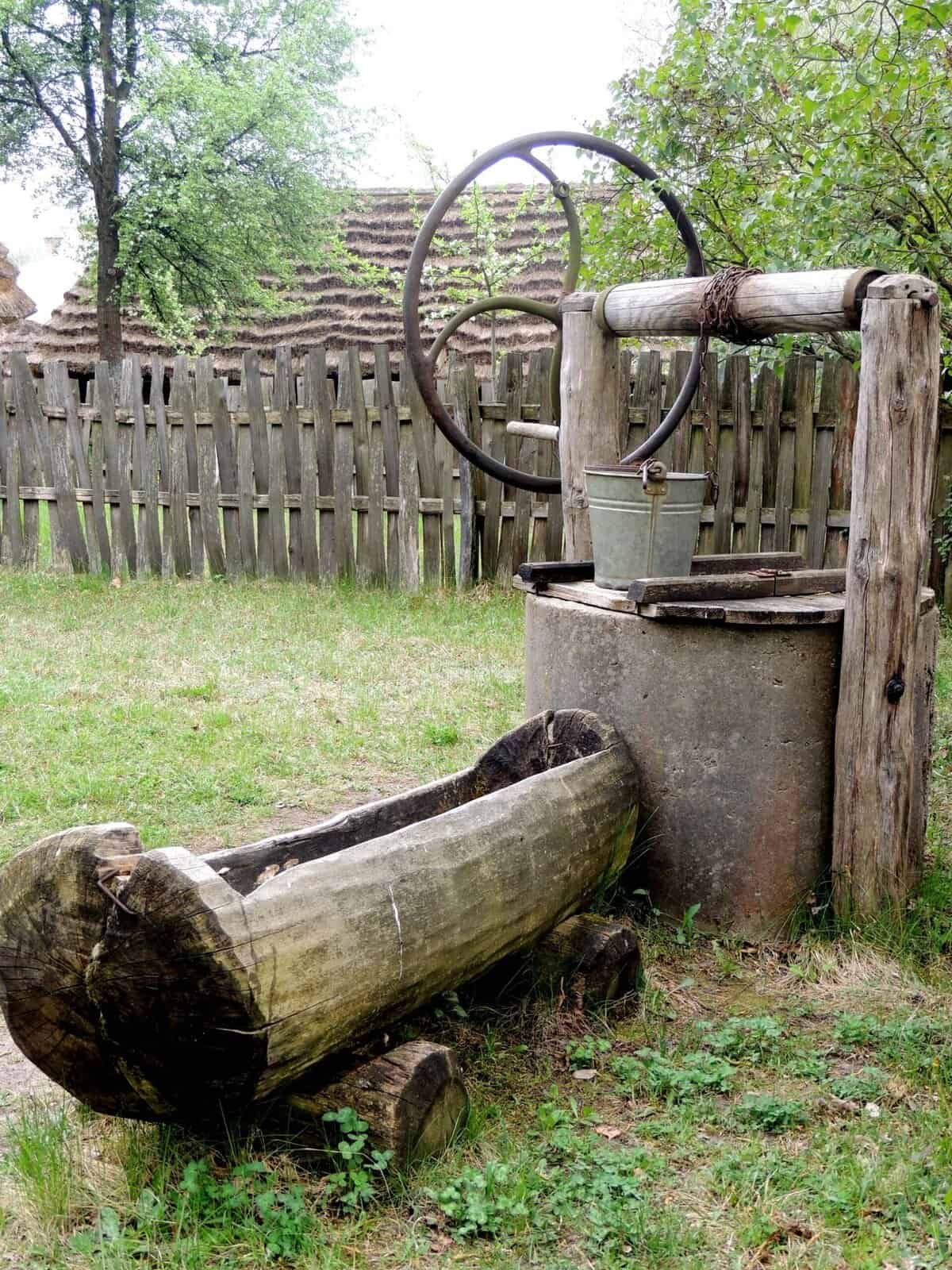Worried nearby farms affect your well water? Learn risks, common contaminants, testing schedules, prevention tips, and treatment options to protect your family.
How Do I Protect My Well From Surface Runoff?
Protect your well from surface runoff: assess risks, divert water, secure casing and cap, test regularly, and use treatments to keep your water safe year-round.
How Do I Safely Seal An Abandoned Water Well?
How to safely seal an abandoned water well: learn risks, legal steps, materials, DIY vs pro advice, steps and safety tips to protect people & groundwater. Learn
What Filtration Systems Are Safest For Well Water?
Learn which well water filtration systems (UV, RO, GAC, sediment filters) offer the best safety, how to test contaminants, and steps if you see particles. info.
What Is The Safe Distance Between A Septic Tank And A Well?
Learn recommended setbacks between septic tanks and wells, factors that affect safe distances, and post-drilling water tests to protect your drinking water. Now.
How Do I Handle Sudden Changes In Well Water Taste Or Smell?
Clear steps to identify causes, test, treat, and prevent sudden changes in well water taste or smell, plus wildfire-specific precautions, and when to call help.
What Is Shock Chlorination And Is It Safe For Wells?
Learn what shock chlorination is, when to use it for private wells, safety risks, step-by-step precautions, and how to calculate bleach amounts. Recheck+retest!
How Do I Monitor Water Quality Between Lab Tests?
Quick, practical ways to monitor water between lab tests: daily checks, inexpensive kits, coliform screening, sampling tips, and when to seek lab help.
What Safety Standards Apply To Residential Wells In 2025?
Learn 2025 safety standards for residential wells: federal & state rules, construction, testing, contaminants (PFAS), setbacks, maintenance and remediation tips
How Do I Test For PFAS In My Well Water?
Learn how to test your private well for PFAS: what they are, when to test, choosing labs, sampling steps, interpreting results, and treatment options. Read more


